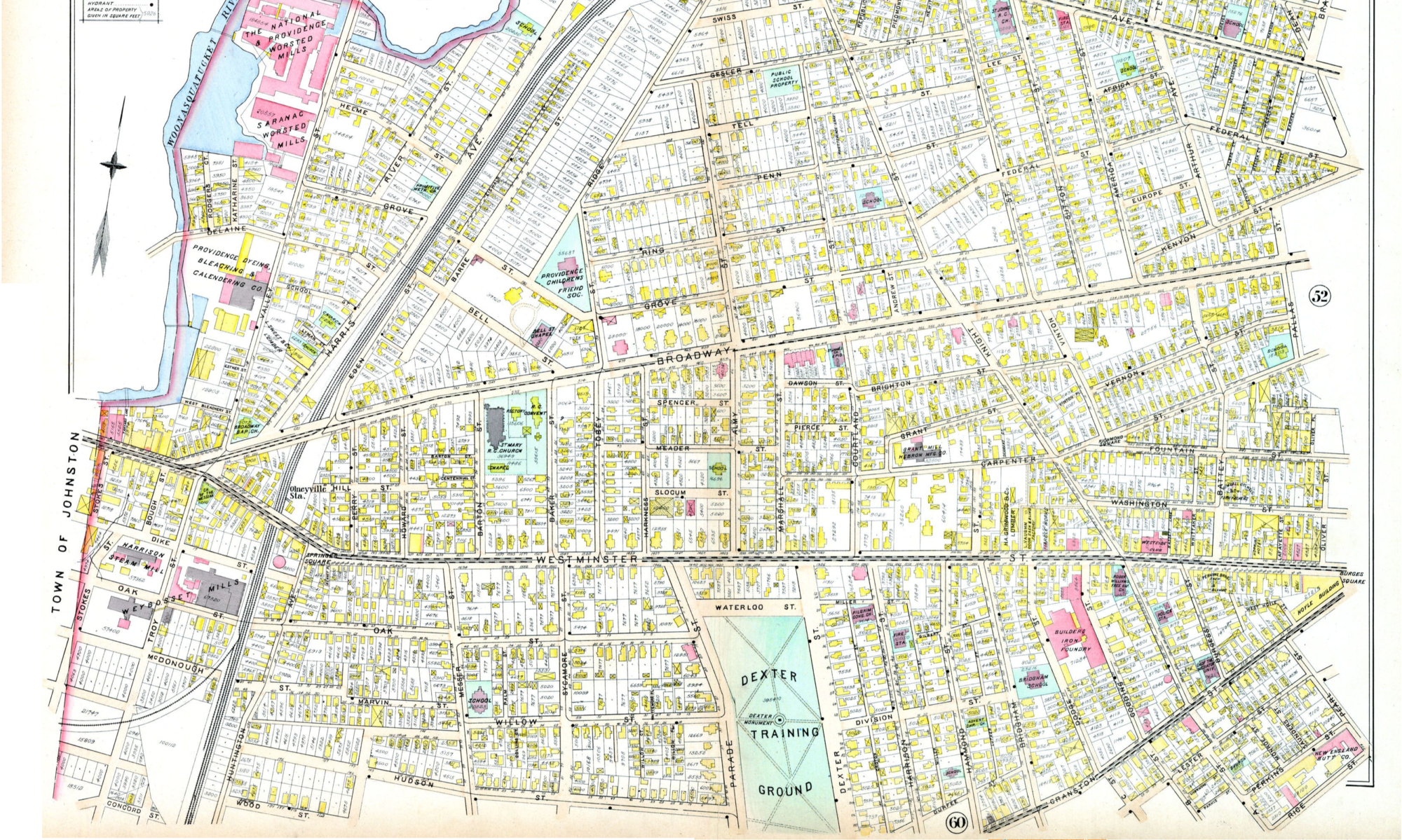The Gulf oil disaster is the most horrendous disaster to strike the US in living memory. While it may not yet have killed as many as Katrina or 9/11, its consequences have the potential to be more akin to Chernobyl: profoundly affecting people and animals over a wide geographical area. The current question, though, is who should pay the monumental costs of clean-up. BP certainly had the poor safety record that allowed the equipment failure to happen, but it was the oil habit and policies of the American people which created the situation. The first thing to know about raising oil companies’ liability for off-shore drilling is that the proposal in the Senate is to raise it from $75 million to $10 billion. The Gulf oil disaster will cost much more than $10 billion to clean up. So the effort is to make oil companies shoulder a fair portion of the cleanup cost, not to specify the exact ratio. Raising the liability limit seemingly would make it financially inviable for oil companies to drill in the ocean anymore, due to the insurance they would have to buy. David Roberts has a great article on Grist outlining the realities of the debate.
Roberts has also recently taken up the flag of the American Power Act, otherwise known as the Kerry-Lieberman climate bill. The bill gets us started on ending our oil addiction, and due to political prospects for the next few elections, it is the last chance we have to do so in a reasonably comfortable fashion. Roberts’ argument to this effect is here. There has been a thorough analysis of the bill’s merits by the Peterson Institute for International Economics, which Roberts summarizes here. But it’s not going so well. Conventional wisdom is that it’s doomed. Roberts asserts that only a strong push from Obama and all Democratic leadership, combined with organizing in key legislators’ constituencies, will give the bill a chance. It needs an effort as big as the health care bill. It’s hard to see that happening, though. But since it’s the last boat off Oil Island, we’d better try to take it.

